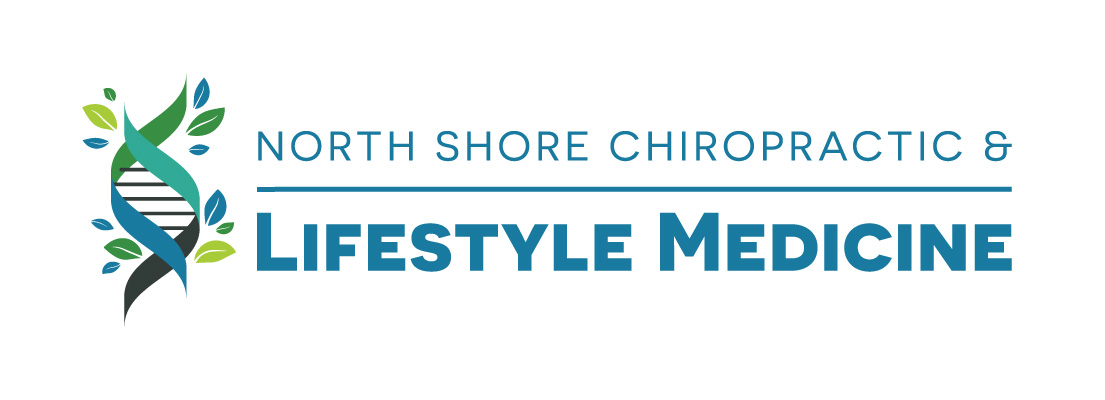Macular Degeneration
Macular Degeneration
Macular degeneration is now the number 1 cause of blindness in adults. This is a silent epidemic of blindness which affects 1 in 10 people over the age of 60.
The macula is in the center of the retina, which is the inside back wall of your eye. There are 2 types of macular degeneration. One type is called dry macular degeneration which is more common and less severe. The other type is called wet macular degeneration. Wet macular degeneration is generally caused by abnormal blood vessels that leak fluid or blood into the region of the macula creating scar tissue. Dry macular degeneration is a steady deterioration of the retina. Wet macular degeneration, because the cause is abnormal blood vessels, the patient should be checked for cardiovascular disease and other vascular problems.
There is a wealth of information on clinically documented treatments that can prevent or stop dry macular degeneration. As people age, 2 nutrients called Lutein and Zeaxanthin are deficient. These nutrients are carotenoids found in food and are present in the high concentration of the retina. No other place in the body of these two nutrients in higher concentrations.
Most dark green leafy vegetables such as spinach are a plentiful source of Lutein. Inexpensive supplements containing both Lutein and Zeaxanthin can be used to prevent or stop dry macular degeneration. If degeneration has already occurred it cannot be reversed.
Wet macular degeneration also can be prevented and stopped if the process has already started. The treatment should be the same as for cardiovascular disease. Certainly controlling blood pressure is one necessary issue to be evaluated. In functional medicine we dig deeper into the cause of the vascular problems. To explain this approach is beyond this article. Hint: Cholesterol has little to do with cardiovascular disease! It certainly is not the cause! I will be writing about this in the future.
Unfortunately most ophthalmologists have a wait-and-see attitude. Meaning, we test you periodically to see if your vision problems are caused by macular degeneration, or to watch to see if the macular degeneration worsens. I personally don’t believe that wait-and-see medicine is good for anybody. If you think about it, a lot of medical care is wait-and-see until something goes wrong. When a disease process occurs it requires heroic high-cost intervention that is often invasive. This is in opposition to the functional medical approach which is preventative and finding the root cause of illness. Prevention costs less and has a side effect of improving overall health.
